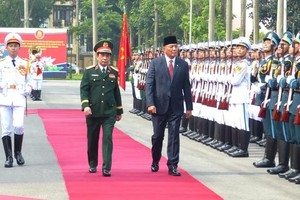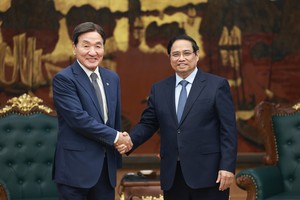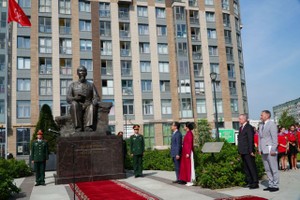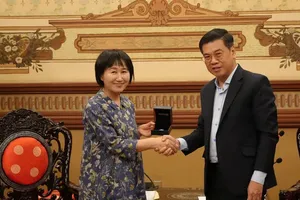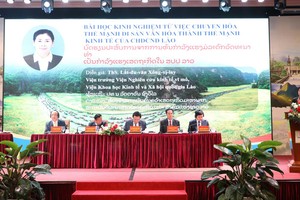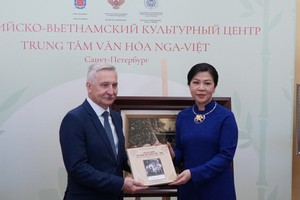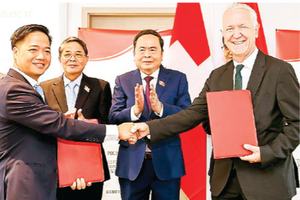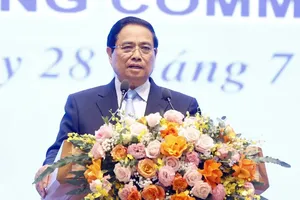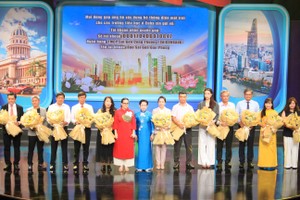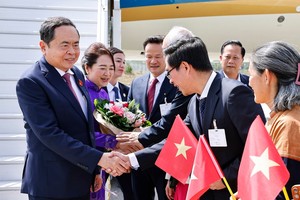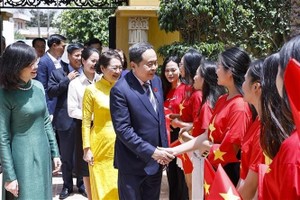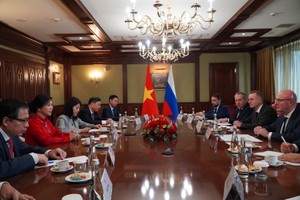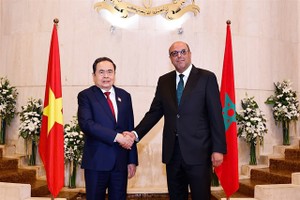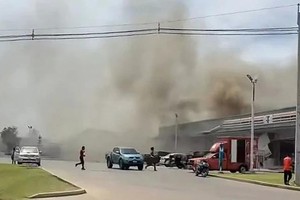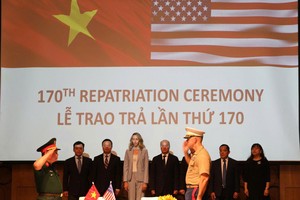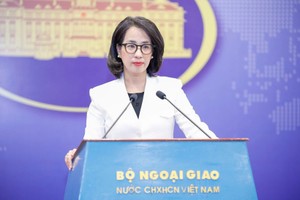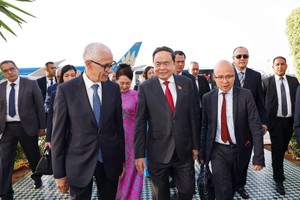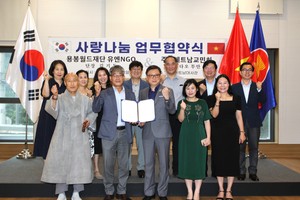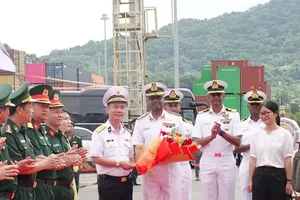UN Secretary General Ban Ki-moon on Wednesday denounced the "escalating violence" in Syria, and called on authorities there to "immediately" stop the bloody repression.
"The secretary general is following with deep concern the escalating violence against peaceful protesters in Syria," said Ban spokesman Martin Nesirky.
Nesirky said Ban called on the Syrian government to "stop the repression immediately."
"The secretary general reiterates his call for a credible and inclusive dialogue, which should be carried out without delay," Nesirky said.
At least 50 people have been killed in four days of violence in Homs, one of the main areas of fighting in the country, as rebel leaders accuse the Syrian government of fomenting sectarian violence.
Syrian troops swept through the central city of Homs, arresting "armed men" and confiscating "stockpiles of weapons," the pro-government Al-Watan newspaper said on Wednesday. Meanwhile, Foreign Minister Walid Muallem warned the French and US ambassadors not to travel outside Damascus after they both visited the flashpoint central city of Hama earlier this month. "An uneasy calm has reigned in Homs since Tuesday afternoon after top quality operations by the army, who arrested a number of armed men and seized large quantities of weapons," the pro-government Al-Watan said. There were "bloody clashes" that left "soldiers and an officer wounded," it said. Al-Watan added that the "dialogue launched by civic leaders had resumed in a bid to contain dissent and re-establish unity," in Homs, 160 kilometres (100 miles) north of the capital. Activists say pro-regime gunmen have killed at least 20 people Homs since Monday, including seven mourners at a funeral. Fierce fighting rocked Homs at the weekend, with activists reporting more than 30 people killed in clashes among Christians, Sunni Muslims and President Bashar al-Assad's minority Alawite community. Syria's third largest city, Homs has spearheaded demonstrations against President Bashar al-Assad and his regime since protests erupted on March 15. The army had already entered the city in May in a bid to stop rallies calling for the fall of Assad's regime. Meanwhile, security services arrested opposition figure Georges Sabra and a lawyer, the Syrian League for the Defence of Human Rights said on Wednesday. "At 2:00 am, security forces stormed the home of Georges Sabra, head of the Syrian Democratic People's Party, in Qatana," west of Damascus, Abdel Karim Rihawi said. "He was driven to an unknown location." Sabra had already been arrested on April 10 and detained for a month. His party is associated with the 2005 Damascus Declaration for Democratic National Change, an opposition movement calling for democratic reforms in Syria. In Aleppo, Syria's second city, security forces arrested lawyer Jamal Tahan in his home. Tahan is well-known critic of the regime, the rights group said. And activists said security forces swept through Duma, just north of the capital, early Wednesday and arrested a number of people. A video posted on the Syrian Revolution 2011 Facebook page showed people demonstrating after midday prayers in Duma demanding Assad's downfall. And state television showed footage of pro-regime demonstrators carrying a massive flag down the streets of Suweida, a city south of Damascus. Meanwhile, Damascus warned French Ambassador Eric Chevalier and US Ambassador Robert Ford not to venture beyond the capital. "We will impose a ban on any (diplomatic) travel more than 25 kilometres (15 miles) outside Damascus, if the ambassadors continue to ignore (our) guidance," Muallem told the envoys at a meeting broadcast by state television. "I hope that we will not be forced to impose the ban," he added. "We did not expel the two ambassadors because we had hoped to maintain better relations in future." Ford and Chevallier visited Hama on July 7 amid repeated large demonstrations in the city against Assad. Damascus reacted furiously to the visit, accusing the US ambassador of seeking to undermine the stability of Syria and calling in both envoys for consultations. Mobs stormed the American and French embassies July 11, further raising tensions. The Syrian authorities accused the pair of travelling to Hama without authorisation, but Washington insisted Damascus had been notified in advance. The foreign ministry called Ford's presence in Hama "obvious proof of the implication of the United States in the ongoing events, and of their attempts to increase (tensions), which damage Syria's security and stability." Embassy press attache JJ Harder insisted Ford "certainly did not incite anyone to anything" and that the ambassador "wanted to see with his own eyes what was happening on the ground." Activists say the government's crackdown on pro-democracy and anti-regime protests has left more than 1,400 civilians dead. Thousands more have been jailed. In other developments, Israeli Prime Minister Benjamin Netanyahu denied in an interview with Al-Arabiya television that Israel wanted to see Assad remain in power. "We don't intervene in what happens in Syria, but we obviously would like to have peaceful relations," he said. Netanyahu said it would be counterproductive for Israel to offer support for pro-reform demonstrators in its neighbour, and that he hoped Israel would not see tensions on its border rise as the uprising continues to shake Syria. "I hope that no one in Syria thinks of having a distraction ... to heat up the border between us. And I hope that Iran or Hezbollah are not tempted to do this in order to shift attention away from what's happening in Syria." burs/rm/al
